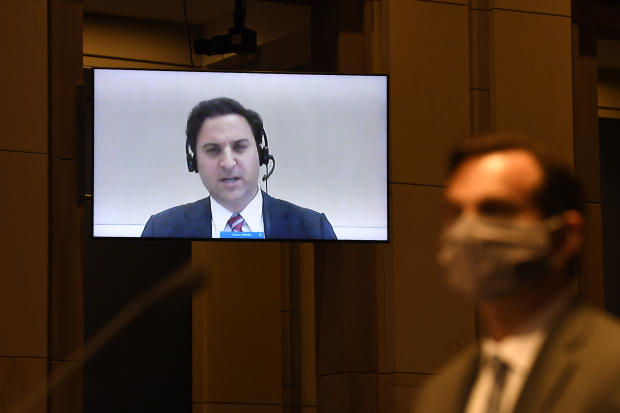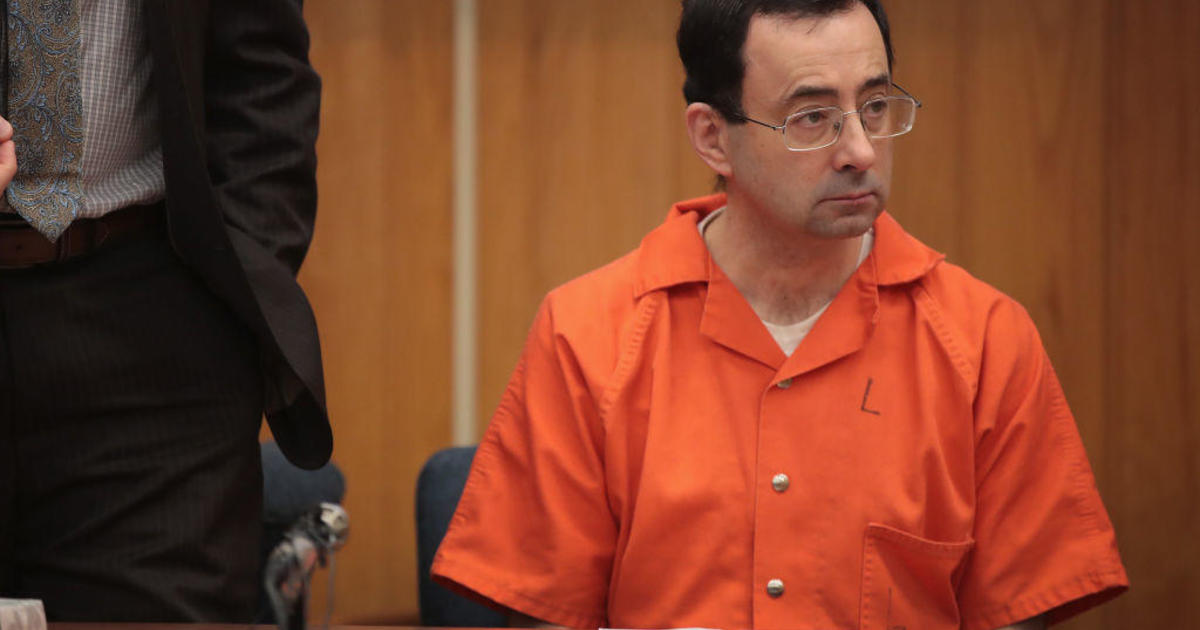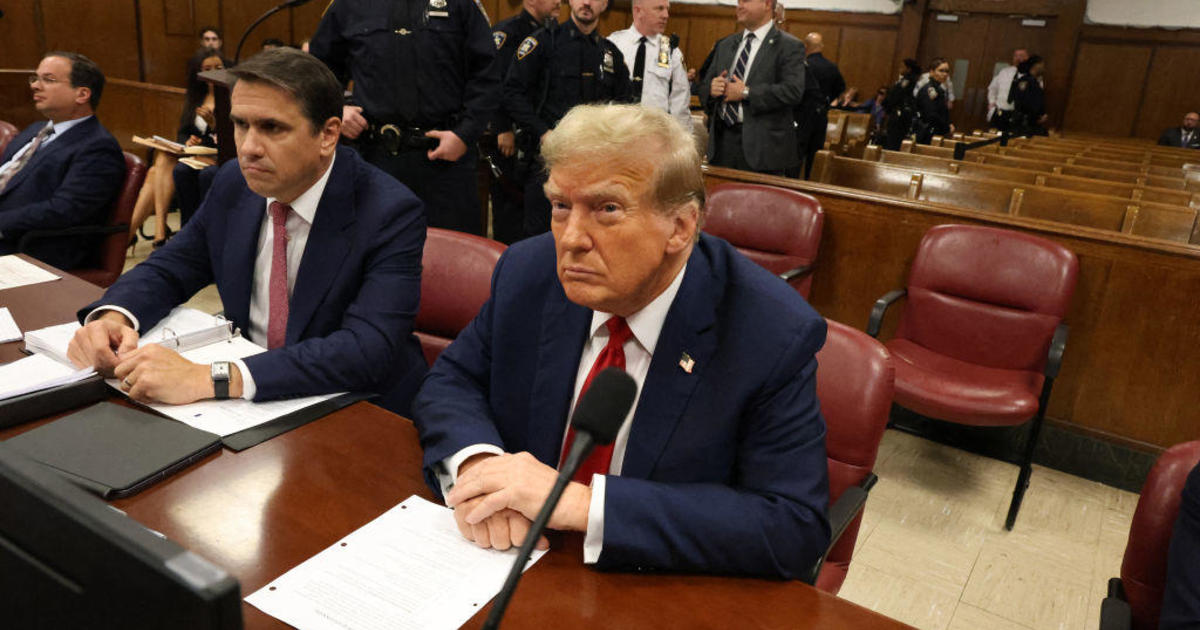Ex-Roger Stone prosecutor details "unprecedented" DOJ interference in case
Washington — One of the federal prosecutors who withdrew in protest from Trump ally Roger Stone's case told House lawmakers that the Justice Department chose to recommend a lesser sentence for Stone because of his ties to President Trump.
In explosive testimony before the House Judiciary Committee on Wednesday, Aaron Zelinsky, an assistant U.S. attorney in Maryland and a key deputy to former special counsel Robert Mueller, said the department's intervention in the sentencing recommendation was "unprecedented."
"Roger Stone was treated differently because of politics," he told lawmakers. Zelinsky appeared via live video, saying he had to testify remotely to avoid risk of infection with the coronavirus.
Zelinsky was a front-line prosecutor in Stone's case and, along with three others, withdrew in February after the Justice Department moved to recommend a lighter prison sentence than the prosecutors had sought.
Republicans unsuccessfully attempted to derail Wednesday's hearing from the outset and block Zelinsky from testifying, arguing he should not be permitted to appear remotely.
When pressed by lawmakers on the consequences he and the fellow prosecutors assigned to Stone's case could face for pushing back on efforts to lessen the sentencing recommendation, Zelinsky said they were informed "we could be fired if we didn't go along."
"What I heard repeatedly was that this leniency was happening because of Stone's relationship to the president, that the acting U.S. attorney for the District of Columbia was receiving heavy pressure from the highest levels of the Department of Justice, and that his instructions to us were based on political considerations," he said.
Zelinsky, who was appearing under subpoena, detailed in length the events leading up to his withdrawal from Stone's case in written testimony submitted to the Judiciary Committee and made public Tuesday ahead of his appearance.
"What I saw was the Department of Justice exerting significant pressure on the line prosecutors in the case to obscure the correct Sentencing Guidelines calculation to which Roger Stone was subject – and to water down and in some cases outright distort the events that transpired in his trial and the criminal conduct that gave rise to his conviction," Zelinsky wrote in his prepared statement to the Democrat-led committee.
In his written remarks, Zelinsky told the Judiciary Committee that he was informed that the acting U.S. attorney for the District of Columbia, Timothy Shea, "was receiving heavy pressure from the highest levels of the Department of Justice to cut Stone a break, and that the U.S. Attorney's sentencing instructions to us were based on political considerations."
"I was also told that the acting U.S. attorney was giving Stone such unprecedentedly favorable treatment because he was 'afraid of the president,'" Zelinsky testified. "That explanation was deeply unsettling."
In response to questions from Congressman Jim Jordan of Ohio, the top Republican on the committee, Zelinsky revealed J.P. Cooney, the head of the Fraud and Public Corruption Section at the U.S. Attorney's Office for the District of Columbia, was among the Justice Department officials who informed him of what was going on regarding Stone's case and sentencing recommendations.
Cooney, Zelinsky said, was in meetings with the Justice Department's senior leadership.
In opening remarks at the start of the hearing, Judiciary Committee Chairman Jerry Nadler, a Democrat from New York, said Barr's actions as attorney general "make clear that in his Department of Justice, the presidents' allies get special treatment."
"The sickness that we must address is Mr. Barr's use of the Department of Justice as a weapon to serve the president's petty, private interests," Nadler said. "The cancer that we must root out is his decision to place the president's interests above those of the American people."
Justice Department Antitrust Division prosecutor John Elias, former Attorney General Michael Mukasey and former Deputy Attorney General Donald Ayer also testified before the committee.
Mukasey defended Barr from allegations his actions are driven by politics and the need to protect Mr. Trump, telling lawmakers instead that disagreement in sentencing recommendations from the Justice Department's senior ranks does not mean the agency is politicized.
"I have no doubt that the welfare of this country, upheld through the evenhanded application of the law so as to achieve justice, is what motivates him and motivates his decisions," Mukasey said.
Stone was convicted on seven federal charges in November and sentenced to 40 months in prison.




